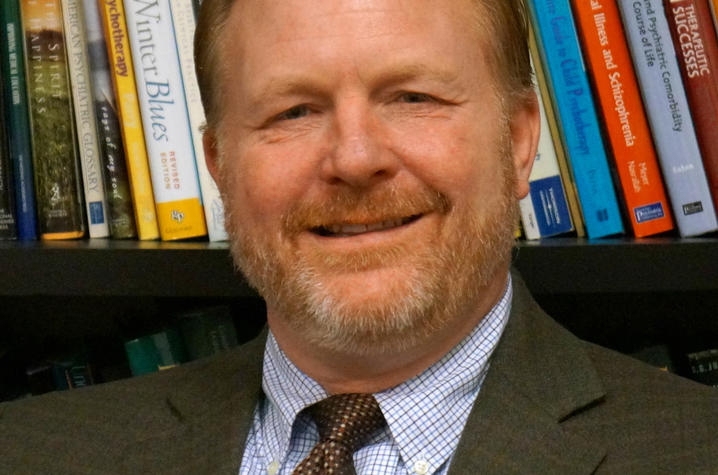The Facts About Addiction Disorders

This column appeared in the Lexington Herald-Leader on Sunday, April 3, 2016.
LEXINGTON, Ky. (April 4, 2016) — With 23 to 25 million Americans struggling with an addiction disorder, every person in the country is impacted by this illness. Addiction can affect anyone, regardless of ethnicity, gender, level of education or socioeconomic status.
Misinformation surrounding mental illness, especially addiction, makes treatment more confusing and the process more overwhelming. Dispelling myths about addiction and treatment can reduce the stigma associated with the illness and encourage more people to seek help.
MYTH: Addiction is a moral issue that is caused by a lack of self-control.
FACT: Addiction is an illness, like diabetes; both diseases are chronic illnesses that require lifelong treatment. Individuals can have a genetic predisposition for an addiction disorder, which interacts with the environment and can lead to addiction. Addiction causes a physiological change in the brain's limbic system due to the release of dopamine,a pleasure hormone, and its long-term effects on dopamine receptors in the brain. After long term use of substances, like alcohol, dopamine receptors become less receptive to dopamine and negative reinforcement, in the form of withdrawal, makes quitting difficult.
MYTH: The best way to overcome addiction is to quit "cold turkey."
FACT: The "best" treatment for a patient depends on the individual. Common treatment methods include peer supports groups (Alcoholics Anonymous or Narcotics Anonymous), individual counseling and medication assisted treatment.
Peer support groups are "dose dependent," the more an individual goes the more effective the treatment is. Individual counseling can be effective for those with a dual diagnosis, when an individual has both a Psychiatric and addiction disorder. Medication assisted treatment has proven effective in the treatment of alcoholism and opioid addiction. We are currently conducting research to find a similar treatment for cocaine addiction. Access to treatment options is important for combatting addiction. Just 2-2.5 million of the 23-25 million people who suffer with addiction receive treatment.
MYTH: Addiction shouldn't be talked about, even with family members.
FACT: In the same way families discuss a history of heart disease, stroke or cancer they should discuss mental health. Addiction is a genetic disorder, meaning it can be inherited. The children of parents with addiction disorders have a 50 percent chance of developing an addiction disorder themselves. This information increases awareness to the fact an individual is predisposed to addiction, even if they are recreational or social users.
Education is key to increasing recovery rates. Teaching teens, and those in recovery, to respond in situations where substances may be offered is the most effective means of curbing addiction. Understanding addiction disorders allows us to understand the experiences of others and support those we may know who may be struggling.
Dr. Michael Kindred is a Fellow in Addiction Medicine at the University of Kentucky Department of Psychiatry.
Media Contact: Olivia McCoy at 859-257-1076 or olivia.mccoy1@uky.edu




